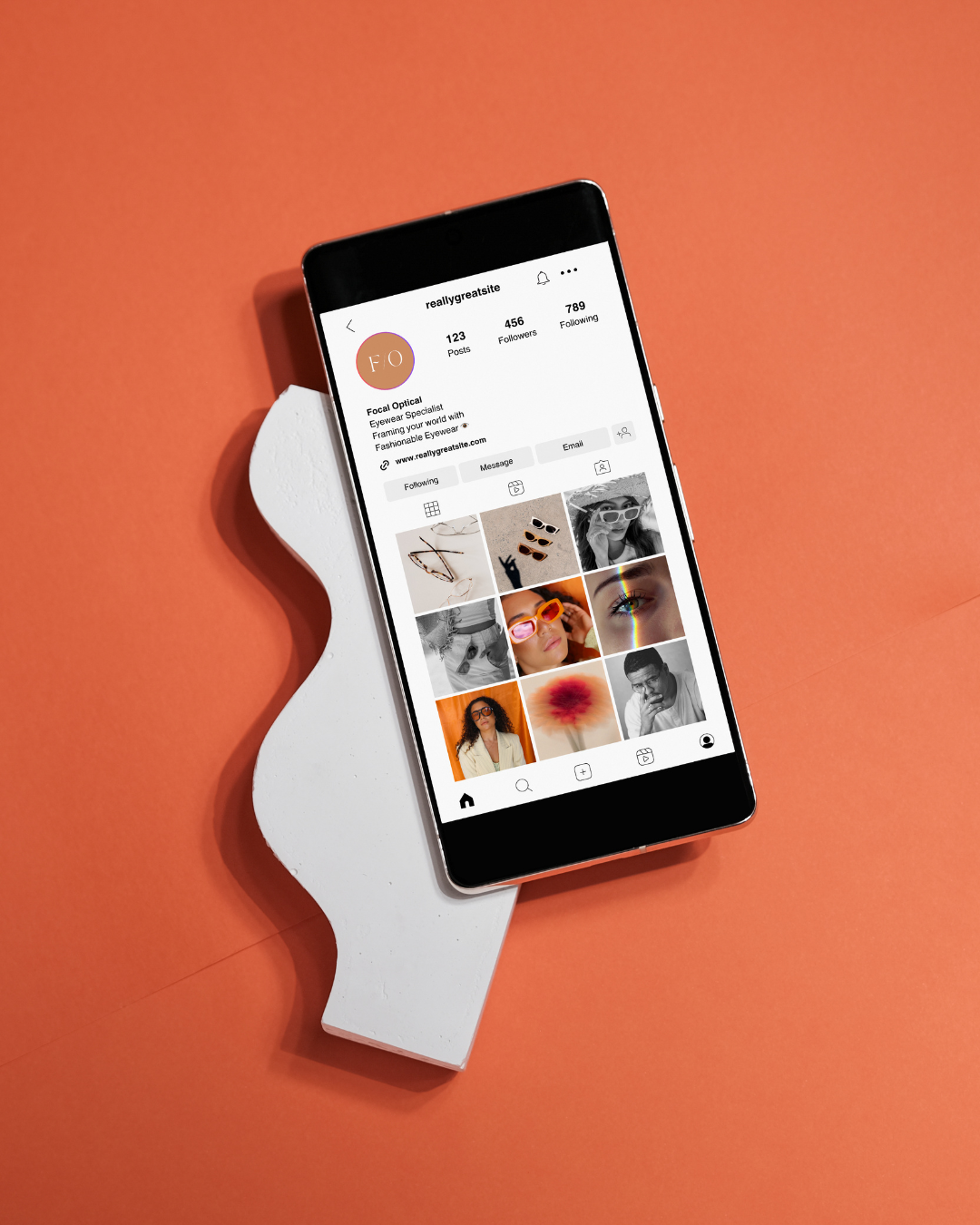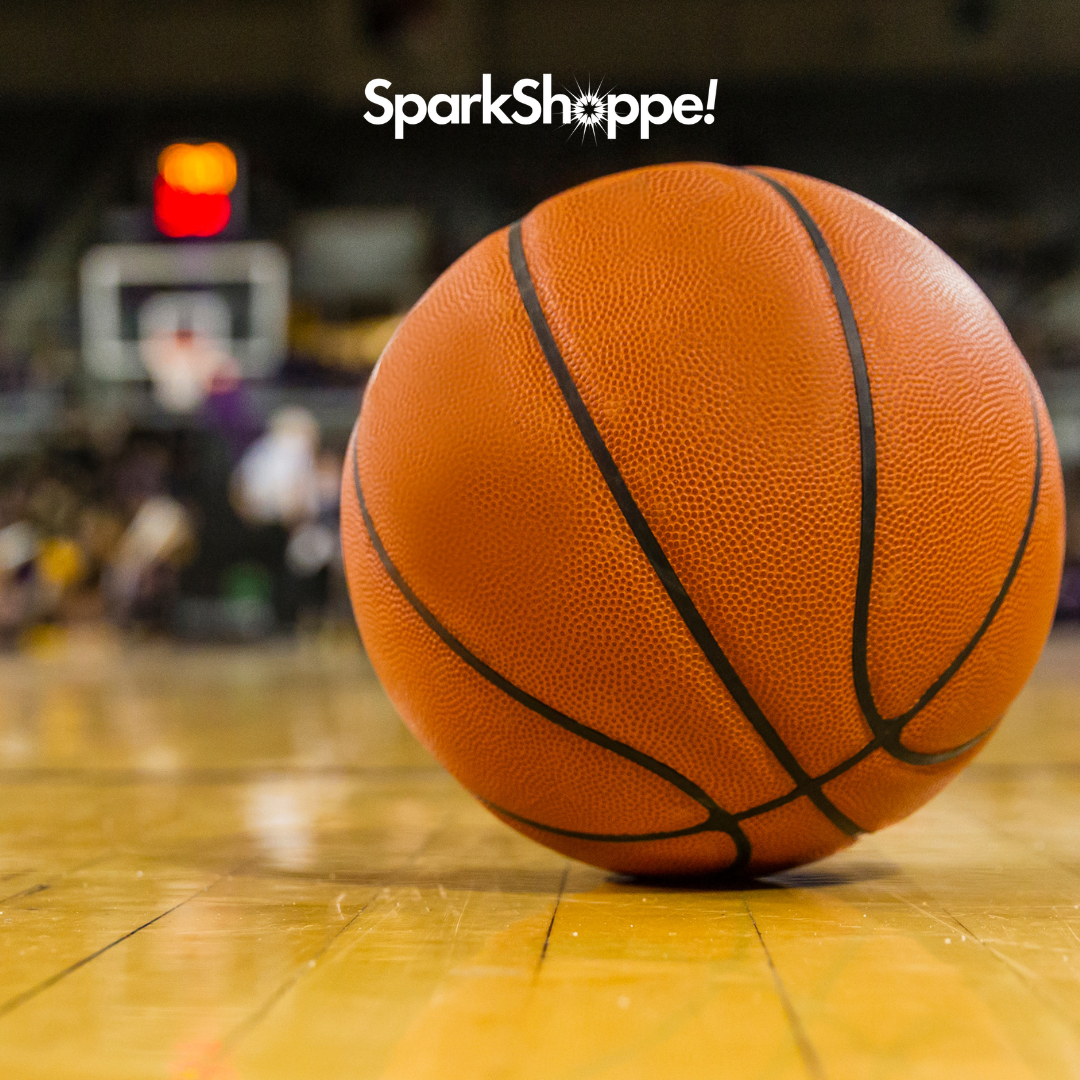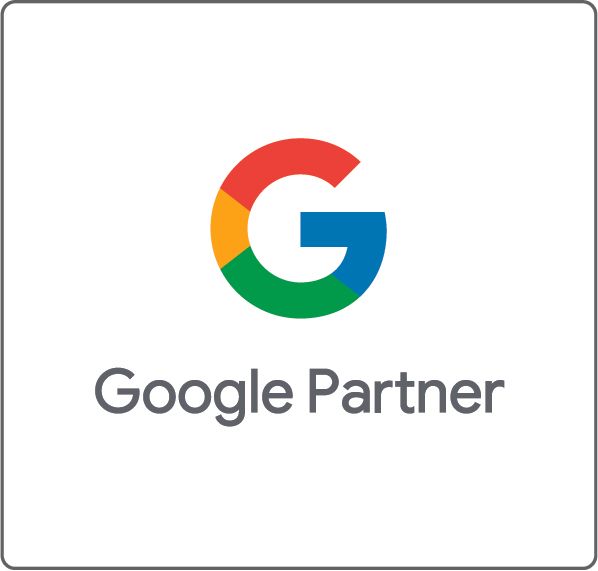Women's Sports Marketing
In recent years, conversations around mental health, social justice, and women’s health have begun to permeate society in an effort to de-stigmatize, raise awareness, and make meaningful change. As a result, professional athletes have recognized their ability to use their platforms to voice their beliefs, passions, and concerns and are seeking out sponsors that will support them in doing so. In fact, we are entering a new era of athletic sponsorship in which athletes are valued not only for their physical abilities but for how they carry themselves outside of competition.
Perhaps the most significant storyline of the Tokyo Summer Olympics was gymnast-great Simone Biles’ decision to withdraw from the womens’ team competition as well as multiple individual events. Biles cited her mental health struggles as the reason behind her decision and while fans were disappointed not to see her in action, her new sponsor was quick to show support. In March 2021, Biles left Nike for a partnership with Athleta, a female-focused brand that Biles said
was more aligned with her personal values. Athleta made similar headlines when, now 5-time track and field olympian, Allyson Felix became the brand’s first sponsored athlete. Like Biles, Felix parted ways with Nike after partnering with them for years. The athletic brand was unwilling to give Felix the support she needed during her pregnancy. Nike athletes’ salaries depend on how often they perform well, and
pregnant athletes were not being offered any financial protection. Felix has since
launched her own athletic company, called Saysh, a brand for women, by women.
Another athlete who left Nike for a smaller sponsor is Olympic steeplechase runner, Colleen Quigley. For the past six years, Quigley has competed for Nike in their Portland, Oregon-based Bowerman Track Club. During her time there, she became one of the fastest steeplechase runners in the country and made the 2016 Olympic Games in the event. Over time,
Quigley said that her relationship with Nike felt “very transactional.” At the end of 2020, when it was time to renew her sponsorship, Nike was unable to meet her financial needs. Quigley went on to sign a contract with Lululemon, joining their small team of brand ambassadors. “They were so professional, there was a lot of diversity, a lot of women, and everything they spoke to was just so me,”
Quigley explained, “They’re all about diversity and inclusivity and making everyone feel like they can be a part of it…it’s so different from the messaging of medals, records, and win-at-all-costs.” This statement was proven to be true when Quigley pulled out of the Olympic Trials this summer due to injury and Lululemon gave her their full support, just as Athleta stood by Biles at the Olympics.
The list of women in sports reconsidering their sponsorships and longing to be valued for more than just their athletic accomplishments goes on and on. What does this mean for brands? The shifting landscape of women’s sports gives both athletic and non-athletic companies a tremendous opportunity to make impactful change.
First and foremost, brands cannot be afraid to speak on current issues affecting female athletes. Customers value brands that are involved in activism. In fact,
47% of consumers think brands can be culturally relevant by getting involved in social issues. When world-class tennis player Naomi Osaka dropped out of the French open, brands like Sweetgreen and BareMinerals immediately rushed to support her. Calm, a meditation app,
offered to pay the $15,000 fine for any players who wanted to withdraw from the 2021 Grand Slam media appearances for their mental wellbeing.
Something to keep in mind is that consumers can tell when a brand isn’t being authentic. If you’re including women in your marketing strategy, you’re going to be expected to advocate and speak up for them. Nike released a marketing campaign celebrating mothers, but many felt it was
too little, too late, after Allyson Felix and countless other female athletes
revealed the way they were treated by the brand during their pregnancies. On the other hand, Michelob Ultra is paving the way for gender equality in sports with their
$100 million pledge to increase female representation in sports media. This bold move quickly gained attention from customers because it feels authentic and will change the future of women's sports.
Key takeaways for brands while navigating the ongoing gender equality movement are
- Be authentic: Listen to the athletes’ stories and what’s important to them, even if it strays from your usual branding, and remember that this is a long-term movement, not just a trend.
- Be outspoken: Pay attention to what’s going on in the world. If there are any opportunities for your company to get involved and incorporate activism into your marketing, don’t be afraid to start a conversation.
- Create content for a female audience: focus on female athletes’ achievements and talents rather than just creating emotional marketing campaigns that have been done before. Female-centered sports ads were viewed as 148% more empowering than those featuring men, and even men are more likely to buy a product if the ad is centered around a female athlete.
Never miss an update from “The Shoppe,” sign up for our email list today!
Subscribe
Sign up with your email address to receive news and updates.
Subscribe
We respect your privacy.
















